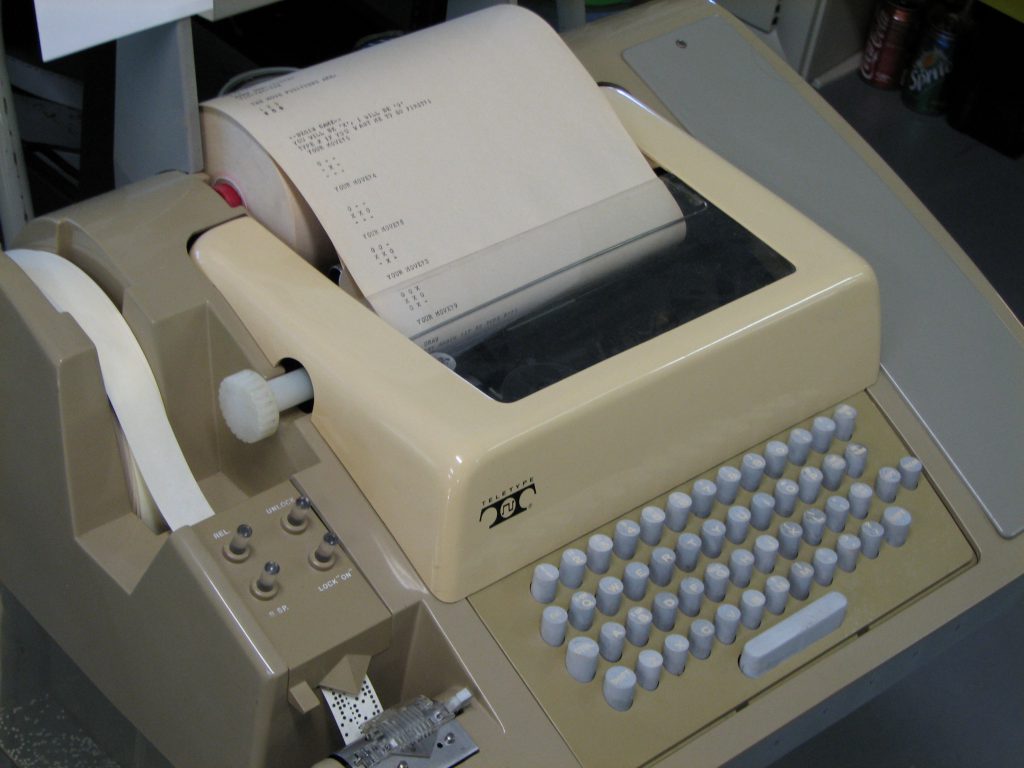Summary:
Guest post by Jeff Mosenkis of Innovations for Poverty Action. This week’s Freakonomics episode, titled “Everything You Always Wanted to Know About Money (But Were Afraid to Ask)” (Apple podcasts) features an all-star cast of Jack Bogle on not trying to beat the market, Annamaria Lusardi on teaching basic financial tips to NFL players, and Harold Pollack on his index card of financial heuristics. Readers of this blog are all financial whizzes but, you know, for your friends and stuff. Pollack explains at the end that he was perceived as political by some for his final rule – support the social safety net – and explains why his middle class family needed it. The social safety net is complicated but explained well in the Marketplace podcast series The Uncertain Hour (just 7 episodes, Apple
Topics:
Jeff Mosenkis (IPA) considers the following as important: chile, development, Economics, government, Haiti, Kenya, liguistics, links, miscellany, news, podcast, podcasts, psychology, Research, Technology
This could be interesting, too:
Guest post by Jeff Mosenkis of Innovations for Poverty Action. This week’s Freakonomics episode, titled “Everything You Always Wanted to Know About Money (But Were Afraid to Ask)” (Apple podcasts) features an all-star cast of Jack Bogle on not trying to beat the market, Annamaria Lusardi on teaching basic financial tips to NFL players, and Harold Pollack on his index card of financial heuristics. Readers of this blog are all financial whizzes but, you know, for your friends and stuff. Pollack explains at the end that he was perceived as political by some for his final rule – support the social safety net – and explains why his middle class family needed it. The social safety net is complicated but explained well in the Marketplace podcast series The Uncertain Hour (just 7 episodes, Apple
Topics:
Jeff Mosenkis (IPA) considers the following as important: chile, development, Economics, government, Haiti, Kenya, liguistics, links, miscellany, news, podcast, podcasts, psychology, Research, Technology
This could be interesting, too:
Lars Pålsson Syll writes Schuldenbremse bye bye
Lars Pålsson Syll writes What’s wrong with economics — a primer
Lars Pålsson Syll writes Krigskeynesianismens återkomst
Lars Pålsson Syll writes Finding Eigenvalues and Eigenvectors (student stuff)
Guest post by Jeff Mosenkis of Innovations for Poverty Action.

- This week’s Freakonomics episode, titled “Everything You Always Wanted to Know About Money (But Were Afraid to Ask)” (Apple podcasts) features an all-star cast of Jack Bogle on not trying to beat the market, Annamaria Lusardi on teaching basic financial tips to NFL players, and Harold Pollack on his index card of financial heuristics. Readers of this blog are all financial whizzes but, you know, for your friends and stuff.
- Pollack explains at the end that he was perceived as political by some for his final rule – support the social safety net – and explains why his middle class family needed it. The social safety net is complicated but explained well in the Marketplace podcast series The Uncertain Hour (just 7 episodes, Apple podcasts). In one episode, for example, they take an honest dive into the debate over whether welfare should have work vs. higher education requirements (the former won out), and what the limited data we have says on the effectiveness of each.
- VoxDev is going like gangbusters. In advance of the Kenya elections, Tavneet Suri talks about her study from the 2013 elections, and why her get-out-the vote efforts worked, but may have had some unintended consequences.
- This coming Monday at noon eastern, Seema Jayachandran is doing a Reddit Science Ask Me Anything on her RCT using cash to slow deforestation in Uganda.
- From the Center for Global Development, optimism on the new USAID administrator nominee. But USAID’s great innovation hub, Development Innovation Ventures, has suspended accepting new applications, with the agency citing other funding priorities.
- A deep dive into why much of Haiti still doesn’t have a sewer system, despite outside efforts to build them. Among the critiques: reliance on outside aid makes local officials more responsive to what the donors want. But interestingly, the U.N. bringing cholera to Haiti might have actually spurred local agreement. according to the local sanitation director:
“Only the cholera could make us have [the first sewage treatment facility],” Petit says. “Only cholera. Because we were afraid, totally afraid of cholera. For this reason, everyone agreed.”
- The story of how Chile tried to use early computer networks and teletype to continuously monitor its economy in the early 1970’s, and how the CIA tried to stop it. (In the podcast, or on Apple, scroll all the way back to the first episode “Nineteen seventy three”)
[Image source above]
